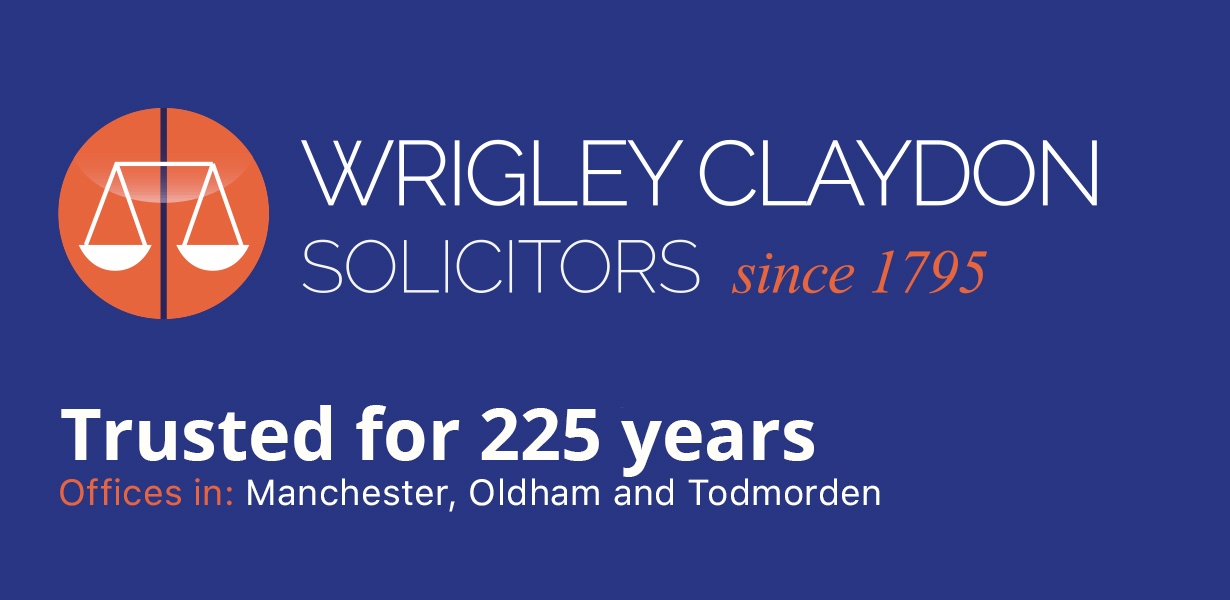A litigant in person (LiP) is not to be given “special treatment” as the rules in that part of the law that his case concerns, are neither hard to find nor “particularly difficult to understand”, the High Court has ruled.
His Honour Judge Paul Matthews, sitting in Bristol said the interests of the represented party and the public also had to be taken into account.
An appeal brought by the debtor company, Re-Energized, against a winding-up order.
A director of the company, Luke Watson, appeared for the company and so it was treated as a litigant in person.
After a detailed review of the authorities on LiPs, HHJ Matthews derived four principles:
- There is a general duty on tribunals to assist litigants, depending on the circumstances, but it is for the tribunal to decide what this duty requires in any particular case and how best to fulfil it, whilst remaining impartial;
- The fact that a litigant is acting in person is not in itself a reason to dis-apply procedural rules or orders or directions, or excuse non-compliance with them.
- The granting of a special indulgence to a litigant in person may be justified where a rule is hard to find or it is difficult to understand, or it is ambiguous; and
- There may be some leeway given to a litigant in person at the margins when the court is considering relief from sanctions or promptness in applying to set aside an order.
He described Mr Watson as an “articulate and knowledgeable layman”, but bore in mind that he chose not to seek legal advice.
He said the rules in this part of the law were not hard to find or “particularly difficult” to understand.
“Of course, I accept that a layman without any experience of finding his way round a law book or the statute book will take longer to do so, and may fall into error more easily and more frequently than a trained lawyer. That is, after all, why it takes training to become a lawyer.
“Yet Mr Watson had been able to put together a sensible skeleton argument and a bundle for the injunction hearing, a written argument before the district judge, and also a bundle for this appeal. That was of course his choice, as to how he allocated the company’s available resources.
“But he cannot complain if it does not produce the result he wished for.”
Suffering a financial or contractual dispute can have serious implications on your business. Our business solicitors will quickly and efficiently put your case together and act on your behalf. Call Shalish Mehta in our civil and commercial litigation department on 0161 624 6811 or email sm@wrigleyclaydon.com. We can advise you on the appropriate course of action and assist with any legal documents or proceedings that may occur.
Latest posts by Shalish Mehta (see all)
- 6 steps to take when you have a boundary dispute with your neighbour - 3rd January 2024
- Actor Noel Clarke seeks £10m in defamation case against The Guardian - 21st December 2023
- World Snooker Tour threatens legal action against five of its own players - 13th October 2023
- McLaren seeks at least $23 million in damages from Alex Palou - 9th October 2023
- LIV golfer Patrick Reed files defamation lawsuit against Golf Channel and commentator Brandel Chamblee - 1st October 2023



